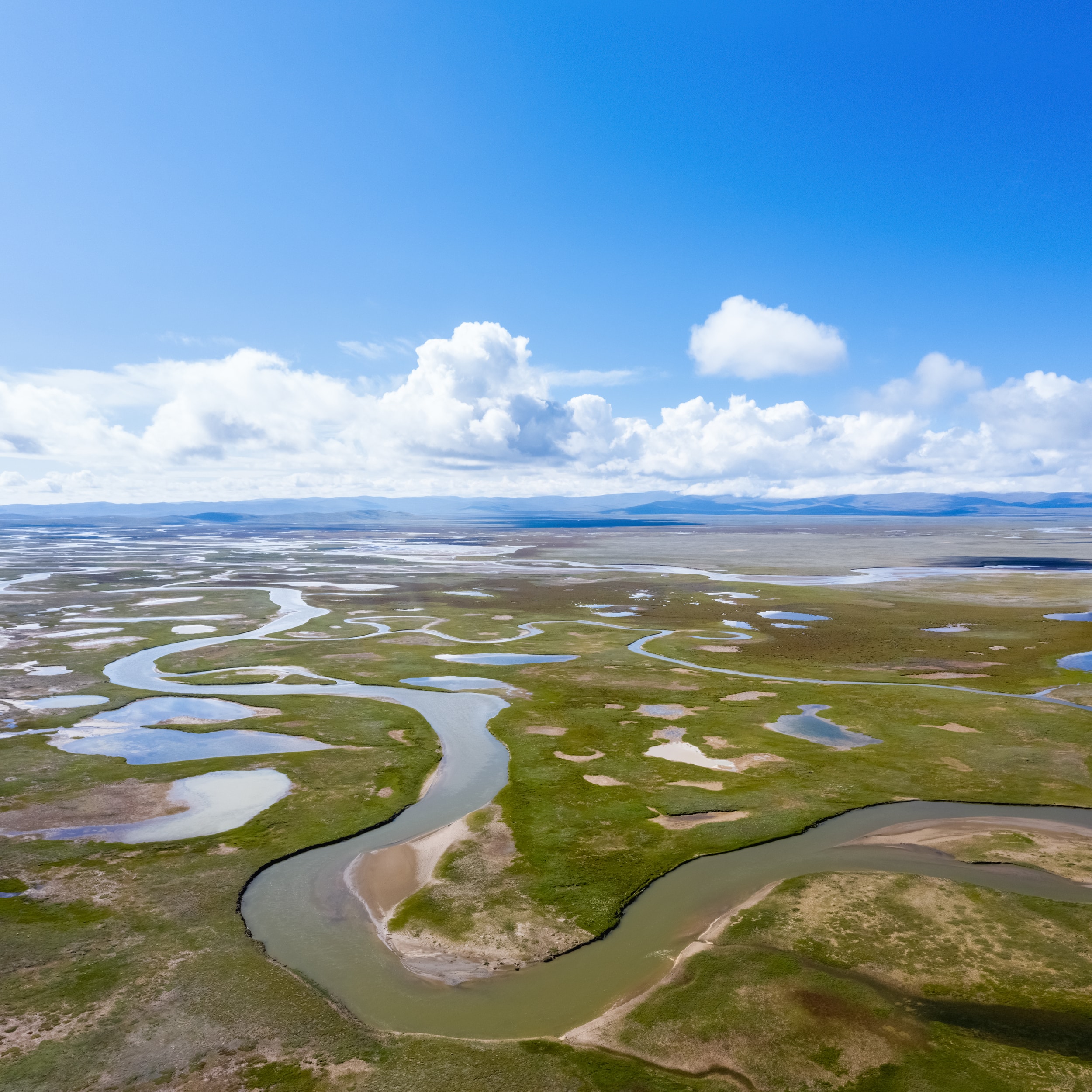What Are the Effective Water Conservation Techniques for UK Agricultural Businesses?

In the face of changing weather patterns and increasing constraints on water resources, agricultural businesses in the UK are tasked with the essential mission of managing water more efficiently. The demand for sustainable and responsible farming practices is on the rise, with the spotlight on water conservation in the agricultural sector. This challenge, however, presents an opportunity for farmers to innovate and adapt, harnessing technology and sustainable methods to optimise water use, protect the soil, and ensure the viability of their farming business.
Soil Management and Water Conservation
One of the most significant steps in water management is understanding the importance of soil. Soil health is directly linked to the efficiency of water use in any agricultural setup. In other words, healthier soil holds more water and promotes better plant growth.
Cela peut vous intéresser : How to Implement User-Generated Content in Marketing for UK Boutique Hotels?
Cover crops are an effective method of enhancing soil health. They help reduce soil erosion and improve the soil structure, making it more permeable to water and less prone to runoff. This means that more water will be absorbed into the soil, reducing the need for irrigation. This strategy is particularly useful for reducing water usage in crops that require significant amounts of water, such as rice.
Another technique that contributes to soil health is crop rotation. This method not only conserves water but also promotes biodiversity, boosts soil fertility, and reduces the spread of pests and diseases.
Lire également : What Strategies Can Protect UK Coastal Businesses from Climate Change Impacts?
Smart Irrigation Technologies for Crop Farming
The second approach for agricultural businesses is to adopt smart irrigation technologies. These techniques can significantly reduce water usage, promote crop growth, and enhance the profitability of the farming business.
Drip irrigation is one such technology that delivers water directly to the root zone of plants. This system can reduce water usage by up to 60% compared to traditional irrigation methods. Drip irrigation also decreases water evaporation and runoff, ensuring that the plants receive the necessary amount of water.
Another smart technology is the use of soil moisture sensors. These devices deliver real-time data about the moisture levels in the soil, allowing farmers to adjust their irrigation schedules and water usage accordingly. Such technologies are crucial in preventing over-irrigation, conserving water, and ensuring the healthy growth of crops.
Adopting Weather-Based Irrigation Scheduling
Accurate weather forecasting also plays a vital role in sustainable water management. Weather-based irrigation scheduling can help farmers utilise water resources more efficiently. By understanding the rainfall patterns and weather conditions, farmers can plan their irrigation schedules accordingly, reducing unnecessary water usage.
For instance, if a significant rainfall is predicted, farmers can delay their irrigation schedules, conserving litres of water. Additionally, understanding the evapotranspiration rates of crops – the amount of water plants need to grow and survive – can also aid in optimising irrigation schedules.
The Role of Agricultural Water Management Companies
Agricultural water management companies are offering a range of services and solutions to assist farmers in optimising their water usage. These services include water auditing, designing efficient irrigation systems, providing water-saving technologies, and offering consultancy on sustainable farming practices.
These companies play a vital role in conserving water in the agricultural sector. They provide farmers with the necessary tools, knowledge, and resources to implement effective water management strategies. By partnering with these companies, farmers can enhance their water efficiency, reduce their environmental impact, and ensure the sustainability of their farming business.
Importance of Government Policies and Initiatives
Last but not least, government policies and initiatives play a significant role in encouraging and promoting water conservation in the agricultural sector. These initiatives can provide financial incentives for farmers who adopt water-saving technologies and sustainable farming practices.
For instance, the UK government’s Countryside Stewardship scheme provides grants for farmers who implement measures to reduce soil erosion, improve water quality, and promote biodiversity. Such policies not only incentivise farmers to adopt sustainable practices but also contribute to the broader goals of environmental conservation and food security.
In conclusion, water conservation is just one part of the puzzle in ensuring the sustainability and profitability of agricultural businesses in the UK. By adopting effective water management strategies, leveraging smart technologies, and partnering with agricultural water management companies, farmers can ensure the longevity of their business while contributing to the sustainability of the agricultural sector.
The Impact of Climate Change on Water Resources
Climate change presents a significant challenge to water resources in the UK, particularly for agricultural businesses. As weather patterns shift, rainfall becomes less predictable and periods of drought may become more frequent. This adds an extra layer of complexity to water management strategies and increases the necessity for more efficient water usage.
Agricultural businesses need to be prepared for these potential changes and have a plan in place to cope with water scarcity. Understanding how climate change can impact water supplies is a crucial step in this process. Rising temperatures can increase the rate of evapotranspiration (the amount of water that is evaporated from the earth and transpired by plants), which in turn increases the need for irrigation.
Utilising weather forecasts and climate projections can help farmers plan their water usage more effectively. By considering the potential impacts of climate change on their water supply, farmers can make more informed decisions about when and how to irrigate their crops. They can also consider alternative water sources, such as rainwater harvesting, to supplement their water supplies.
Moreover, adopting water-efficient practices and technologies, such as drip irrigation systems, can significantly reduce water consumption. These systems not only save water but also enhance crop yield and quality.
The Intersection of Water, Energy, and Agriculture
The relationship between water, energy, and agriculture is complex and interconnected. Agriculture is one of the largest consumers of water, while the process of supplying, treating, and distributing water requires significant amounts of energy. Therefore, efforts to save water can also lead to energy savings.
Conversely, energy use in agriculture, particularly for irrigation, also affects water quality. High energy irrigation systems often result in over-irrigation, leading to runoff that can contaminate water supplies with fertilisers and pesticides. Therefore, implementing water-efficient irrigation systems not only reduces water and energy usage but also helps to improve water quality.
Additionally, agricultural practices can impact the carbon sequestration ability of soils, thus affecting climate change. By adopting sustainable farming practices such as crop rotation and cover cropping, farmers can improve soil health, enhance water retention, and reduce greenhouse gas emissions.
Conclusion
In summary, water conservation is a multifaceted issue that requires a holistic approach. It’s not just about reducing the amount of water used in agriculture, but also about improving water efficiency, enhancing water quality, and mitigating the effects of climate change.
By adopting sustainable farming practices, leveraging smart irrigation technologies, and partnering with agricultural water management companies, UK agricultural businesses can make significant strides in water conservation. At the same time, they can enhance the sustainability and profitability of their operations, while contributing to broader environmental objectives.
Ultimately, water conservation in the agricultural sector is not just a response to the challenge of water scarcity; it’s an opportunity to innovate, adapt, and drive sustainable growth. The journey towards more sustainable water management in UK agriculture is a collective one, requiring the commitment and effort of farmers, agricultural businesses, government entities, and society as a whole. Together, we can make a difference and ensure a sustainable future for UK agriculture.
